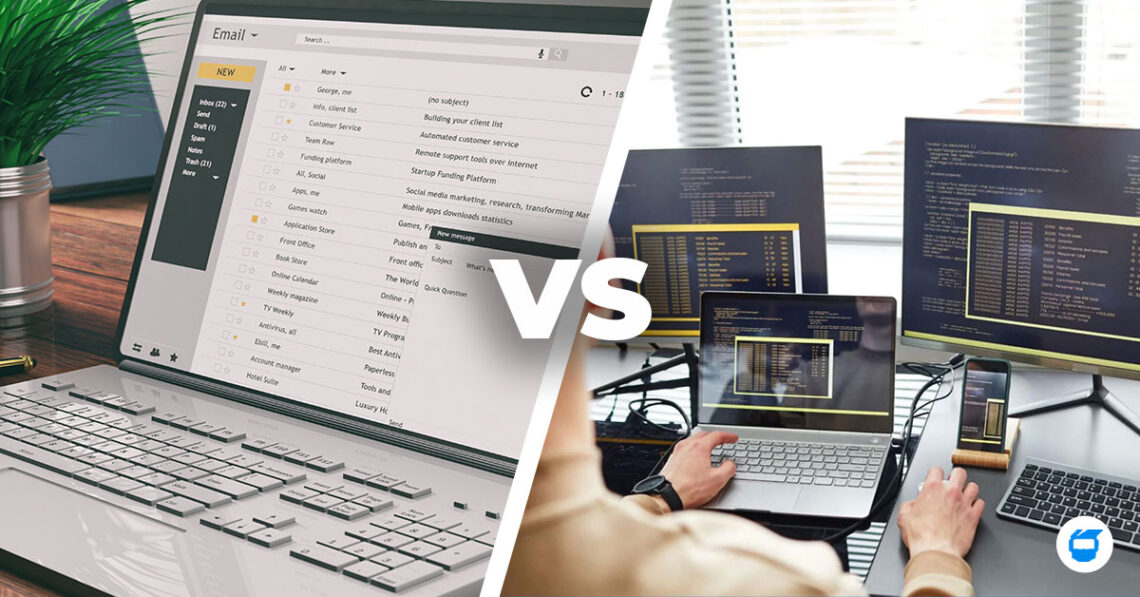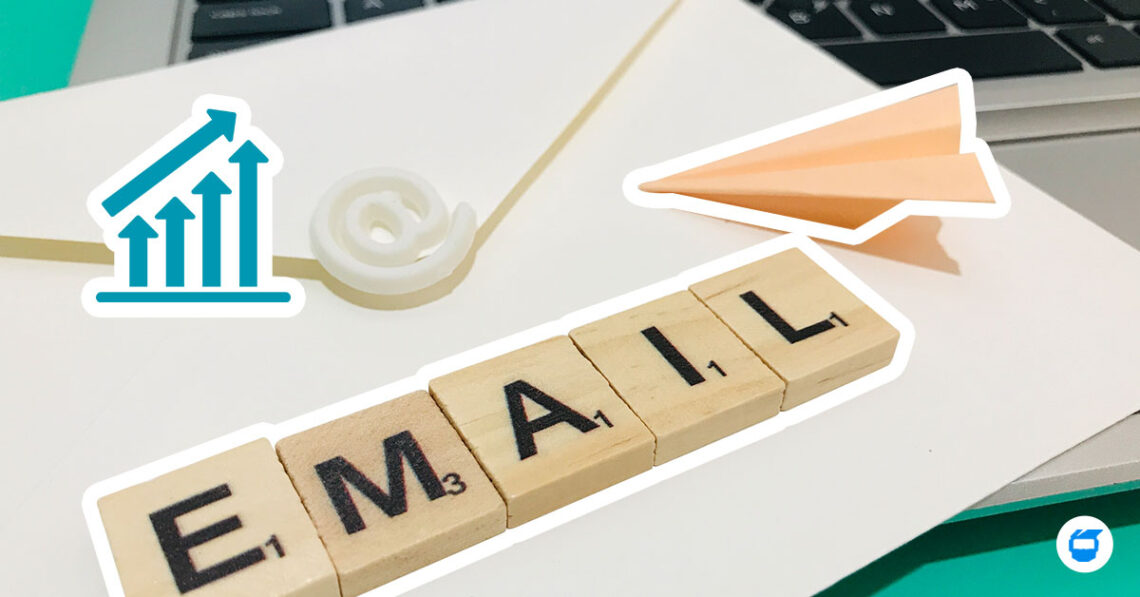When it comes to hosting your website and email, it’s tempting to simplify and save by using the same server for both. However, this approach can have serious consequences for the security and reliability of your online presence.

In this blog, we’ll explore why hosting both on the same server is a dangerous practice and what alternative options you should consider.
Related: Email Hosting vs. Web Hosting: Know Their Difference
Security Risks
One of the biggest dangers is the risk of security breaches. If a hacker gains access to your server, they will have access to both, which can lead to sensitive information being compromised. Furthermore, a website breach can also lead to a breach of your email, leading to the spread of malicious content and spam.
Downtime / Single Point of Failure
Another concern with hosting both is the possibility of downtime. If the server goes down, both your website and email will be unavailable, which can be disastrous for your business. Consolidating your website and email on one server creates a single point of failure. If the server experiences any hardware failure, software issue, or connectivity problem, both your website and email services will be affected simultaneously. This can result in extended downtime, loss of business opportunities, and inconvenience for your users. This can also lead to lost revenue, as well as a loss of credibility with customers.
Overloading
Overloading and slow performance are also one of the troubles of hosting both your website and email on the same server. This is mainly because hosting both of them requires different resources, and having them on the same server can lead to resource contention, which can result in your website and email having performance issues.
Email Deliverability Challenges
When hosting email on the same server as your website, your IP address may be associated with both website-related activities and email sending. If your website’s IP address becomes blacklisted due to spam complaints or other issues, it can adversely affect your email deliverability. This means that legitimate emails you send may end up in recipients’ spam folders or be rejected altogether by other mail servers.
Limited Features
A website and email that are hosted on the same server can limit the features that are available to you. For example, you may not be able to use certain email clients or have access to advanced email features such as auto-responders and email marketing.
Hosting your website and email on the same server may seem like a cost-effective solution, but it can have serious consequences. To ensure the security, reliability, and performance of your website and email, it is best to use separate hosting providers. This will ensure that your website and email are always available, secure, and fast, which will help you to establish a strong online presence.
Related: Types of Web Hosting
Are you looking for a hosting provider for your website and email? Contact us today, and let us know how we can help you!







